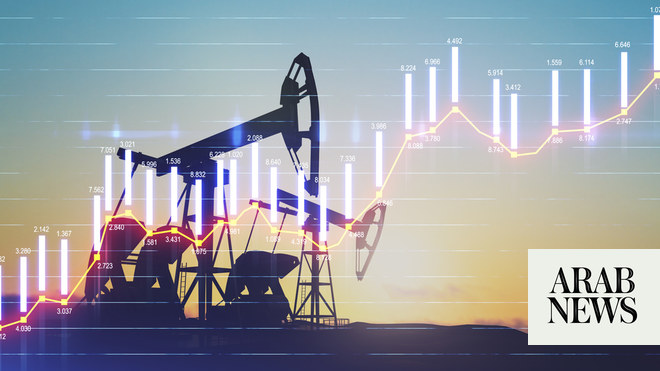
The latest crop of second-quarter earnings from the international oil companies made for an interesting read and represented the first opportunity to measure the impact of the historical slump in oil prices in April on their balance sheets. It was bad, but not quite as brutal as expected.
For example, Shell achieved a $638 million profit instead of an expected loss of $664 million, albeit with a whopping impairment of $16.8 billion.
French major Total made $126 million instead of an expected loss of $443 million.
While BP reported a $6.7 billion second-quarter loss, its stock still closed 6.5 percent higher on Tuesday after its huge pivot towards renewables.
Oil trading was one of the major factors behind the better-than-expected performance of some of the majors.
Brent crude fell from around $65 per barrel in early 2020 to around $16 per barrel in April as oil consumption declined by as much as a third at the peak of the lockdowns. It only recovered to just above $40 and has remained stuck at this level for three months.
The effect of the oil slump on balance sheets was bad, but not quite as brutal as expected.
Faisal Faeq
As usual, Shell and Total did not announce how much they made out of their trading activities, though they have acknowledged they were able to exploit extreme price volatility during April’s record supply glut.
Shell made it clear that it took advantage of outstanding performance of trading activities, not only playing contango on the Brent crude oil price futures curve but also on many different aspects of the business, exploiting all manner of arbitrage to maximize earnings.
Elsewhere in the industry, Italy’s Eni reported a record loss of $839 million with a reduction in cash dividends. Chevron and Exxon Mobil also incurred losses for the second quarter — the largest in 36 years for Exxon.
The losses across the sector will undoubtedly result in job cuts, financial restructuring and severe restrictions on capital expenditure.
While trading activity may have provided a buffer for the oil majors in the second quarter as they made money from the volatility, that may not extend into the third quarter if oil prices remain in the narrow range within which they now appear wedged.
• Faisal Faeq is an energy and oil marketing adviser. He was formerly with OPEC and Saudi Aramco. Twitter:@faisalfaeq
Disclaimer: Views expressed by writers in this section are their own and do not necessarily reflect Arab News" point-of-view












